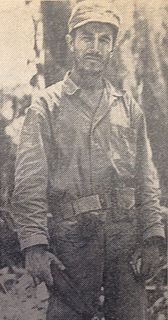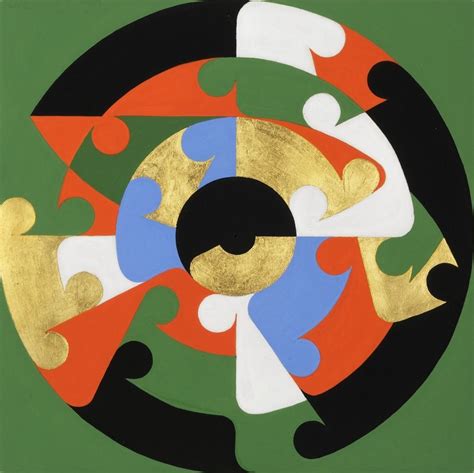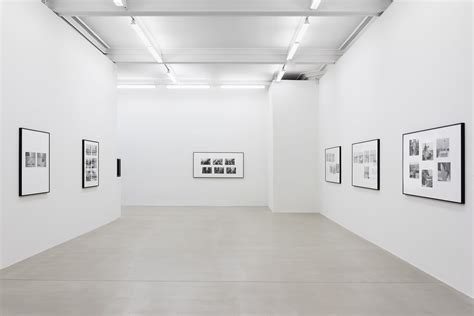A Quote by E. J. Hughes
If I didn't have a conviction that a serious painter can portray Nature more profoundly than the best colour photography, I'd probably give it all up or go abstract or take up photography.
Related Quotes
I never felt in competition with anybody in war photography. You're lucky to get your ass in and out again. It's as simple as that. It's the easiest photography in the world to shoot somebody who's been shot up. It doesn't take a genius. That's easy. The only thing you need to know is your photography. Get in and if you're lucky get out. And get as close as you can get.







































